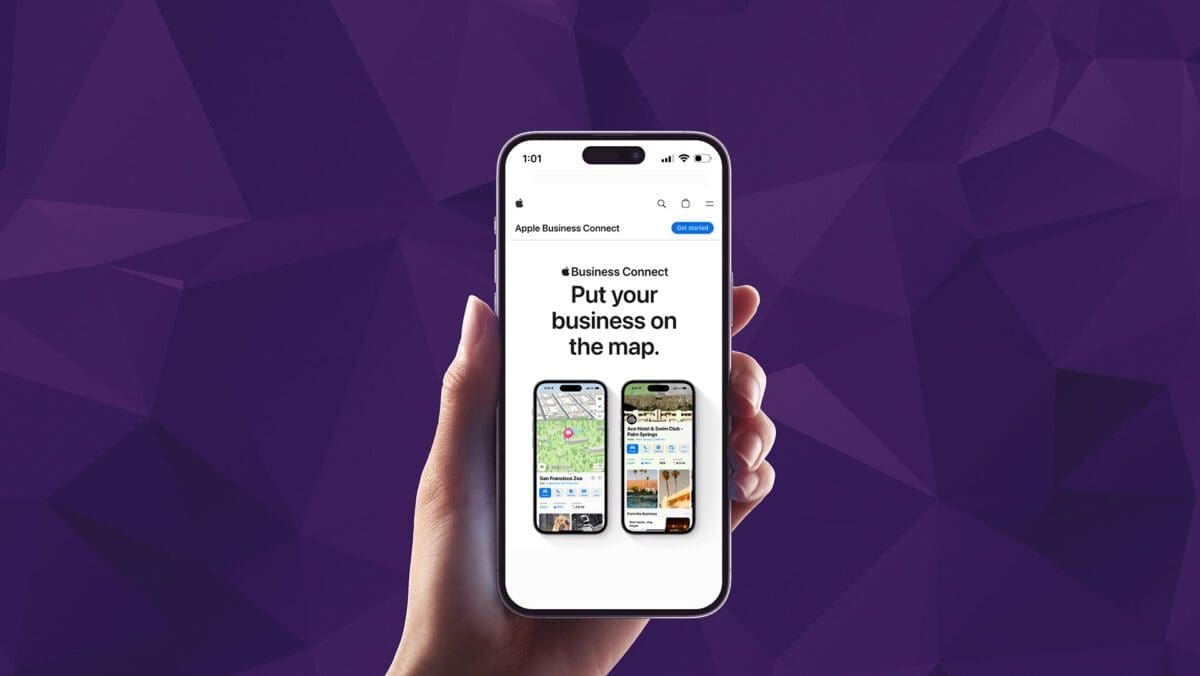Published: January 30, 2014
“If you’re in business, you’re going to face a customer relationship issue that’s your fault. It happens. We’re human — and though we may strive for perfection, the best we can do is get close to that goal. Typically, when your business errs, the first people likely to hear it are your customer service reps.” At least, that’s how it used to work.

But these days, with the advent of social media, online reviews, and penchant for laying it all on the line, a direct customer service phone line is not the only outlet for customer feedback – the good or the bad.
The path to loyalty isn’t necessarily a difficult one, but it does require effort, proactive outreach, operating as an interactive business, and the realization online reviews can make or break your brand perception depending on how you welcome or cower from that feedback.
Why Online Reviews Are Important
“Businesses and companies who provide a service or product often assume that user reviews on their products do not matter much, and because of this reasoning it has brought many businesses down. User reviews are one of the things which make a company and product trust-able, and a quality review by a consumer can convince others to purchase the product and give a quality review themselves.”
Often times before purchasing a product or ordering a service people tend to check the customer reviews online, and if these reviews aren’t up to par with the company’s claims of how great their service or product is, the consumer will stray away before even giving a company the chance for an initial interaction. “Seventy-eight percent of online Americans aged 18-64 agree that online reviews help them decide whether or not to purchase a product.”
And since customers today place high value on pre-purchase research, online reviews, and peer feedback coupled with the fact that internet use is growing day by day, you better believe that people are going to talk about you – whether you like it or not. With that said, it’s time to step up to the plate and join the conversation to ensure your online brand perception is a positive one.
A Few Simple Guidelines To Use Online Reviews To Your Advantage
It’s clear there is value in social review sites, but how do you choose which ones are worthy of your time and effort? It’s dependent on the audience. It’s a safe bet to start with social sites like Yelp and Google Reviews, and then branch off into niche or industry specific online review sites (like Houzz for design and contracting, or Angie’s List) based on your business. Many companies also opt for building online review opportunities directly into their site with tools like Bazaar Voice. Yet, in the end it’s not about the technology, it’s about how you encourage, respond to, and genuinely consider customer feedback. Consider the following guidelines to get started:
- If you’re leveraging social review sites like Yelp, begin by claiming your business page and completely and accurately filling out your profile.
- Embrace your complainers. Typically this recommendation comes later on, but it is so important and so overlooked that it’s key for companies to take on this mindset going in. Embrace the negative reviews and acknowledge them as an opportunity to better your business and shift the perception of a disgruntled customer. More often than not, customers who’ve had a bad experience that is later rectified by customer service interaction turn into your biggest and loudest advocates.
- Try not to ask for reviews in unwarranted situations. Don’t send out an email blast asking any and all customers you’ve ever dealt with to now review you on Yelp. This is not a strategic approach and many customers will find it irrelevant. Instead, look for situations where you can personally mention the opportunity to review your product or services. If you’ve just finished working with a customer, you are in a better position to ask for their feedback. At the same time, encourage all reviews in order to better business. While good reviews are preferred, you should take this as an opportunity to encourage all viewpoints.
- Be careful when you incentivize. Some review sites frown upon offering incentives or gifts in exchange for feedback. The reasoning behind this hinges on providing value for customers. There’s a higher chance for lack of truth in review if people are just doing it for incentive. With that said, incentives are okay when approached strategically. For example, Ariens frequently sends emails that include a random drawing for those who review. Everyone that shares a review is entered, no matter if the review is positive or negative.
- Have a process in place that lets customers know they’re being heard. Never ignore a review if you are aware of it, especially if it is negative. Use it as an opportunity to further strengthen or impact company-customer relationships. If it is a positive review, thank them. If it is negative, reach out and try to rectify the situation or at least let them know you appreciate the feedback and will use it to better your business.
Unlike some social media marketing, customer reviews clearly impact conversion, boost customer satisfaction, and reduce complaints and expenses. If you’re not already doing it, it’s time to join the conversations.
Looking for advice on strategically approaching reviews? Let’s chat!


 The Difference Between a Customer Journey and a Sales Funnel">
The Difference Between a Customer Journey and a Sales Funnel">
